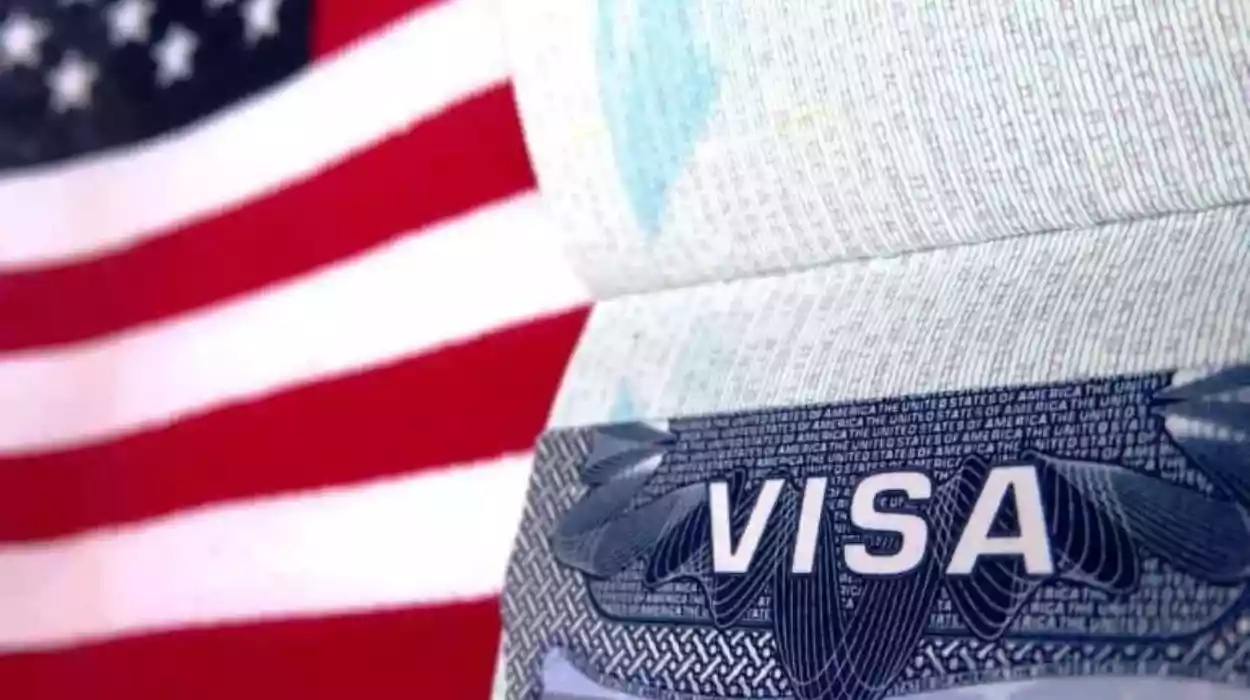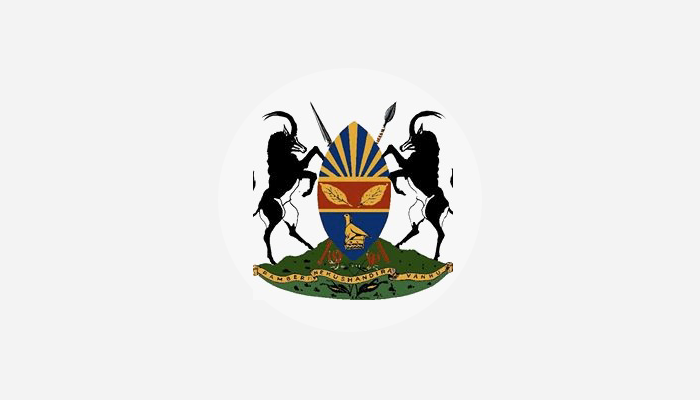ZIMBABWE has received insurance support of more than US$300 million from the African Trade & Investment Development Insurance (ATIDI) in six years, amid indications the cover could be more as the Nairobi-headquartered institution seeks to write more business from southern Africa.
Zimbabwe joined the then Africa Trade Insurance in 2016 to tap into the pan-African institution which facilitates inward investment in Africa by providing insurance against trade and investment risks.
ATIDI chief executive officer Manuel Moses told NewsDay Business that exposure to Zimbabwe was US$77 million in the energy and gas, financial and insurance activities and wholesale and retail trade sector.
“In 2022, Zimbabwe’s gross exposure was a total of 1% of our entire portfolio so there is room to do more,” Moses said.
ATIDI’s combined exposure in southern Africa was US$694,12 million.
Total gross exposure was up to US$8 billion in 2022 up from US$6,6 billion in 2021 as countries and companies sought an insurance umbrella after being buffeted by the COVID-19 pandemic in 2020 and 2021.
Keep Reading
- Young entrepreneur dreams big
- Chibuku NeShamwari holds onto ethos of culture
- LSU students win innovation prize
- Premier Africa Minerals chairperson steps down
ATIDI’s insurance solutions, are counter cyclical in nature and it is during global challenges such as COVID-19 and the Russia-Ukraine war when the de-risking role becomes more effective, Moses said.
“Coupled with our robust underwriting and overall business, our profitability has remained steady. We take pride in our pivotal role in supporting initiatives aimed at mitigating the repercussions of the global challenges including the pandemic, the Russia-Ukraine conflict, and the prevailing global inflation,” he said.
Last year ATIDI shareholders, including Zimbabwe, reinvested US$5,2m dividend.
Moses said the increase in capital enabled ATIDI to write more business aiding further trade and investment in Africa.
“With our capital of US$553 million in 2022, we had covered business worth US$8 billion of gross exposure in our books. This means for every dollar of capital, we are able to provide gross cover of over 14 times. It is also very important to see the existing shareholders are experiencing the benefits of investment in ATIDI and are therefore keen to keep capitalising ATIDI to grow these benefits,” Moses said.
Net profit dropped by 6% last year to US$32,8 million attributed to the depressed business environment resulting from the war in Ukraine.
Moses said ATIDI was prudent in its underwriting approach adopted in response to the pandemic.
“We made a deliberate choice to exercise caution during those uncertain times, prioritising risk mitigation over short-term gains. Nevertheless, the overall business strategy has proven its resilience,” he said.
On the political (investment) risk side of the business, the harsh conditions prevailing in 2022 including the high levels of public debt, large government deficits and reduced tax revenues worsened the sovereign risk profiles of its member States, compelling ATIDI to reduce our risk appetite and to take a more cautious approach to risk acceptance, Moses said.
“Due to the increased probability of debt distress and fiscal challenges, some of our sovereigns were downgraded, which resulted in increased statistical reserves by 31%. The challenges continue in 2023 but ATIDI has been resilient and continues to execute its developmental mandate,” he said, adding that the company expected much higher net income this year than in 2022 and was “on track for this improved performance.”





